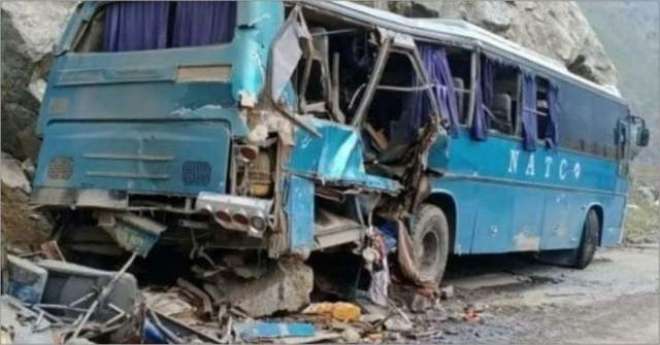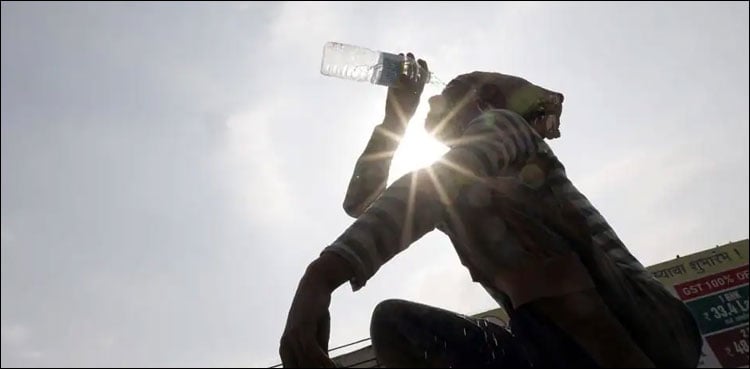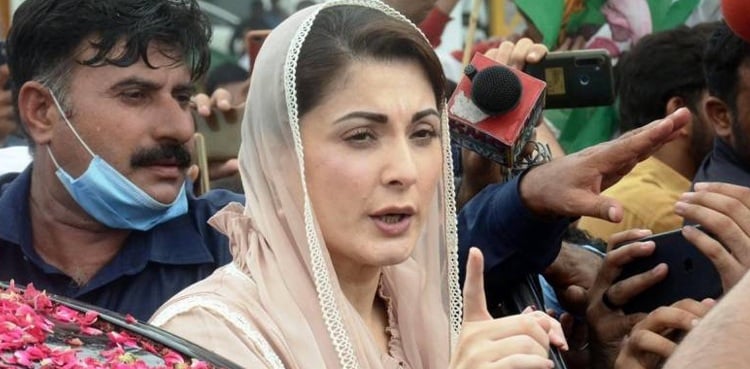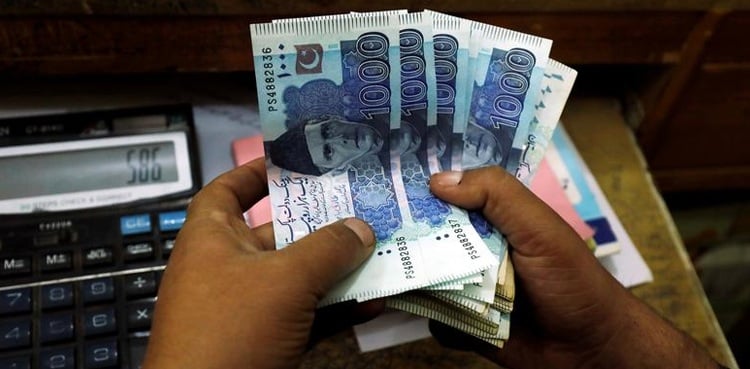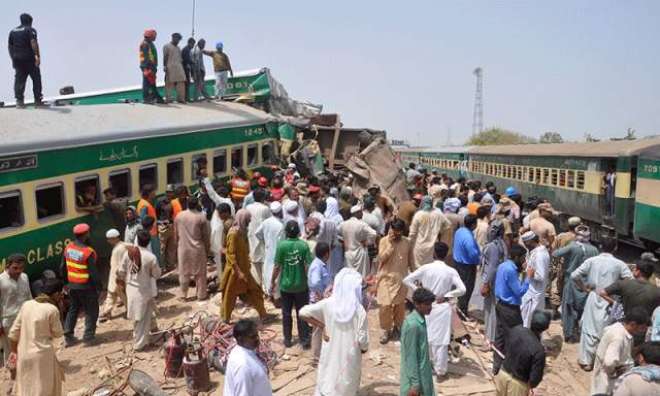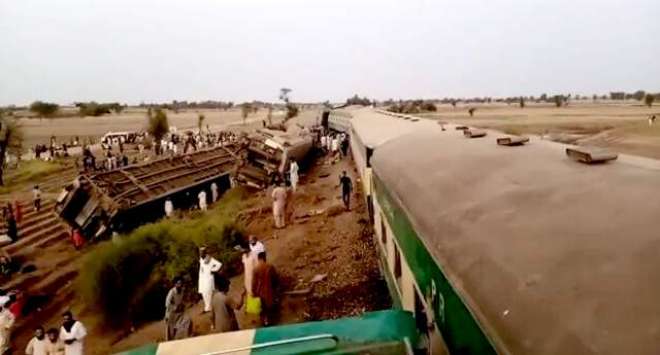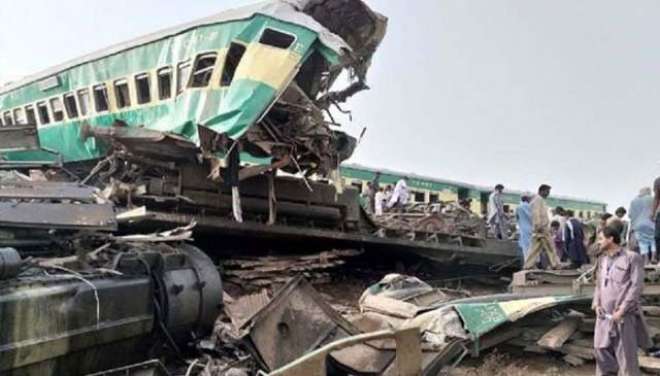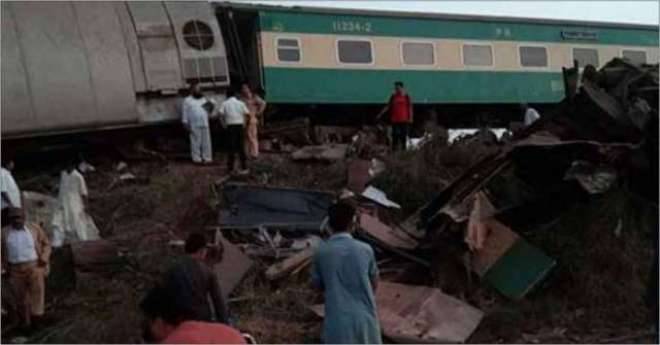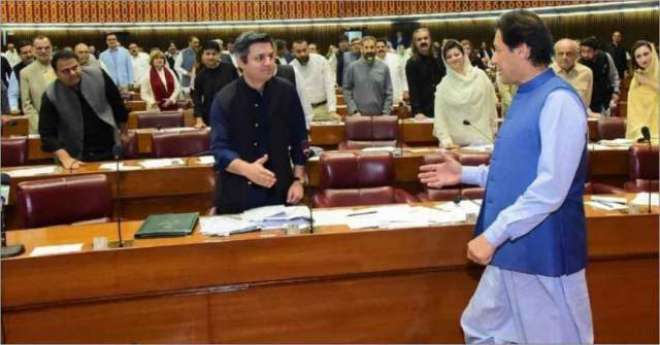Massive regional impacts from transitions in South Asia: Mushahid
- September 28, 2013, 7:30 pm
- National News
- 98 Views
ISLAMABAD, September 28 (Online): Chairman Senate Defence Committee Senator Mushahid Hussain Syed, Saturday, highlighted three transitions in South Asia would have massive impacts on the region.
While addressing the closing session of workshop on Contemporary Strategic Issues by Strategic Vision Institute (SVI), he described third transition as the US withdrawal from Afghanistan in 2014 that will have spill over impacts on the region, particularly Pakistan.
“The whole exercise of withdrawal itself would have huge implications for Pakistan,†Mushahid warned, “imagine a US container crossing Turkhem border every seven minutes
He called for initiation of a comprehensive dialogue process that includes all regional players and stakeholders to address the challenges and opportunities from these transitions. “It is a pity that post-2014 Afghanistan is discussed in Washington and other places but hardly among and between the regional countries themselves.â€
In particular, Pakistan and India should initiate a strategic dialogue on Afghanistan to ensure peace and security in the region. However, he emphasized, the Pakistan-India peace process and bilateral dialogue must contribute to improvement in the ground situation in Indian-occupied Kashmir, especially help in alleviating the sufferings and human rights violations of the Kashmiri people.
Mushahid stressed on a timely regional response to the three transitions, the lack of which could push the region back to Cold War days. “There is a power shift from West to the East which could initiate a Great Game to contain these powers with proxy wars and cold war tactics in South West and South East Asia.â€
He reiterated that an apt response can exploit tremendous regional opportunities and peace dividends which will be propitious for all South Asian countries. “The key here is to have dialogue between the regional powers that is particularly fostered by political leaders, people-to-people contact and media.â€
The first regional transition, the Senator explained, is political with recent and upcoming elections in Pakistan, Iran, Afghanistan, India and Bangladesh that is shaping new and promising political dimensions and thoughts in South Asia.
The emergence of a Greater South Asia with China, Iran, Afghanistan and Myanmar in its fold was outlined to be the second transition which will create a “new regionalism,†knit together by cooperation in energy and economy. “A region transformed by extensive networks of pipelines, roads and railways from Turkemistan-Iran-Pakistan-India to South East Asian countries.â€
The senator described the third transition as the US withdrawal from Afghanistan in 2014 that will have spill over impacts on the region, particularly Pakistan. “The whole exercise of withdrawal itself would have huge implications for Pakistan,†Mushahid warned, “imagine a US container crossing Turkhem border every seven minutes.â€
Ends/Online
CR/WK
============
PU research scholar gets best “Research Paper Awardâ€
LAHORE, September 28 (Online): Punjab University research scholar Muhammad Ilyas has received the award for ‘Best Research Paper’.
As per details, Higher Education Commission of Pakistan has recently awarded the outstanding researchers under various categories including lifetime academic achievement award, best innovator, best book publication, best research paper and best young research scholar.
The award for ‘Best Research Paper’ has been given away to Muhammad Ilyas, a PhD Student and young scientist from Centre of Excellence in Molecular Biology, University of the Punjab, Lahore.
Earlier, He was selected as “Best Young Scientist from Pakistan†among top 100 young scientists from all over the world, and was invited to participate in BIOVISION forum in March last in Lyon, France.
Muhammad Ilyas is a recipient of number of other awards and recognitions in Science and Technology that include Award by the President of Pakistan; Provincial level award; Award by the Government of Punjab.


